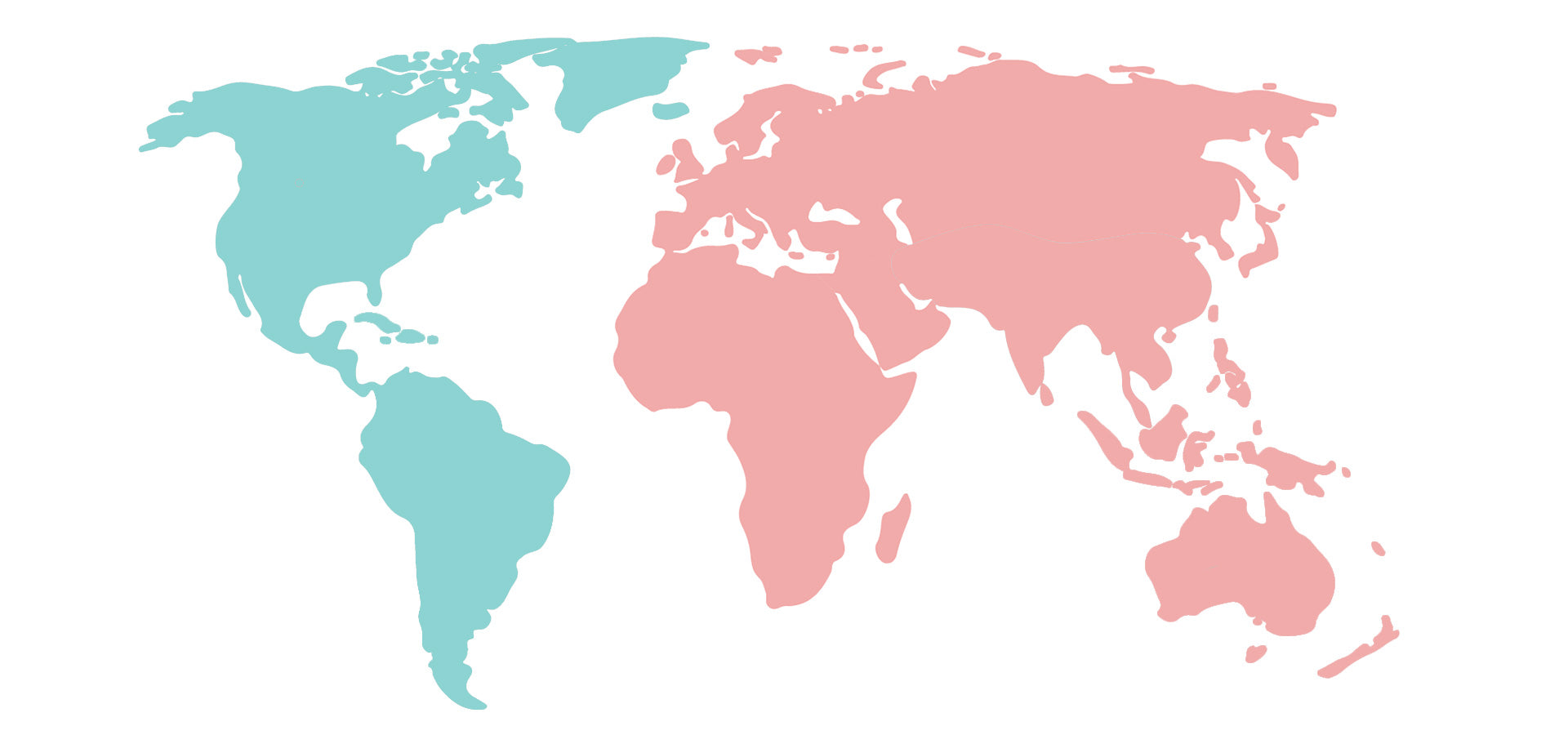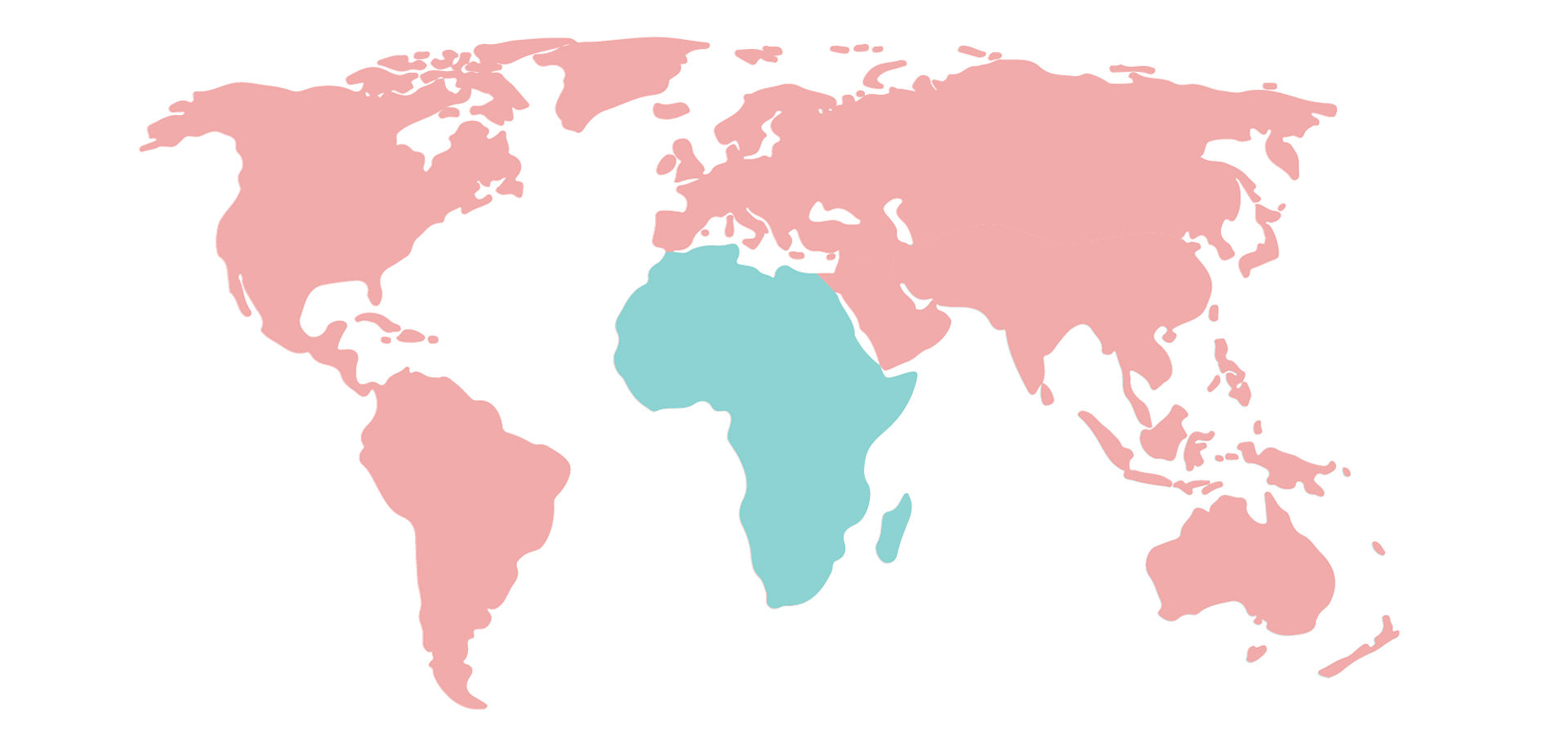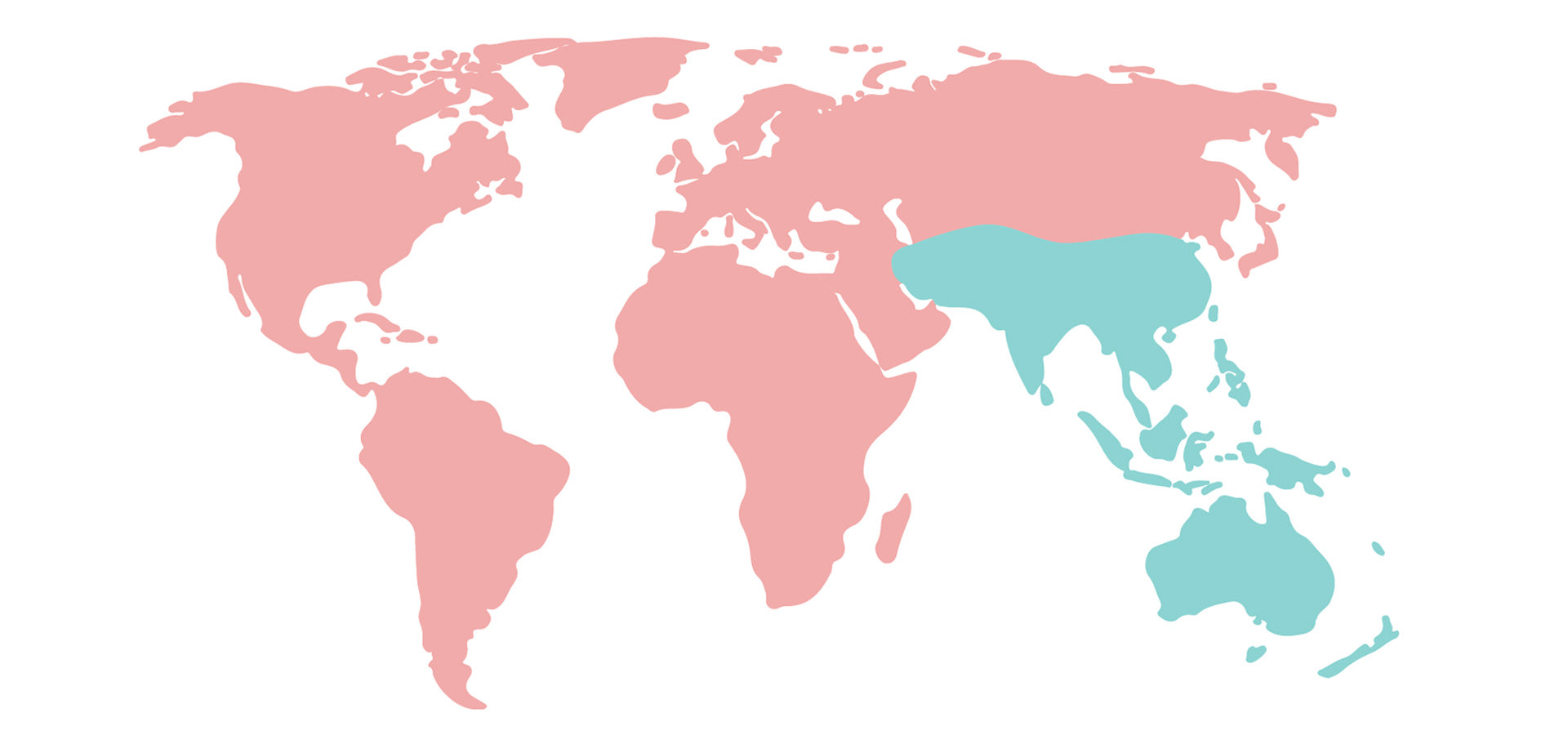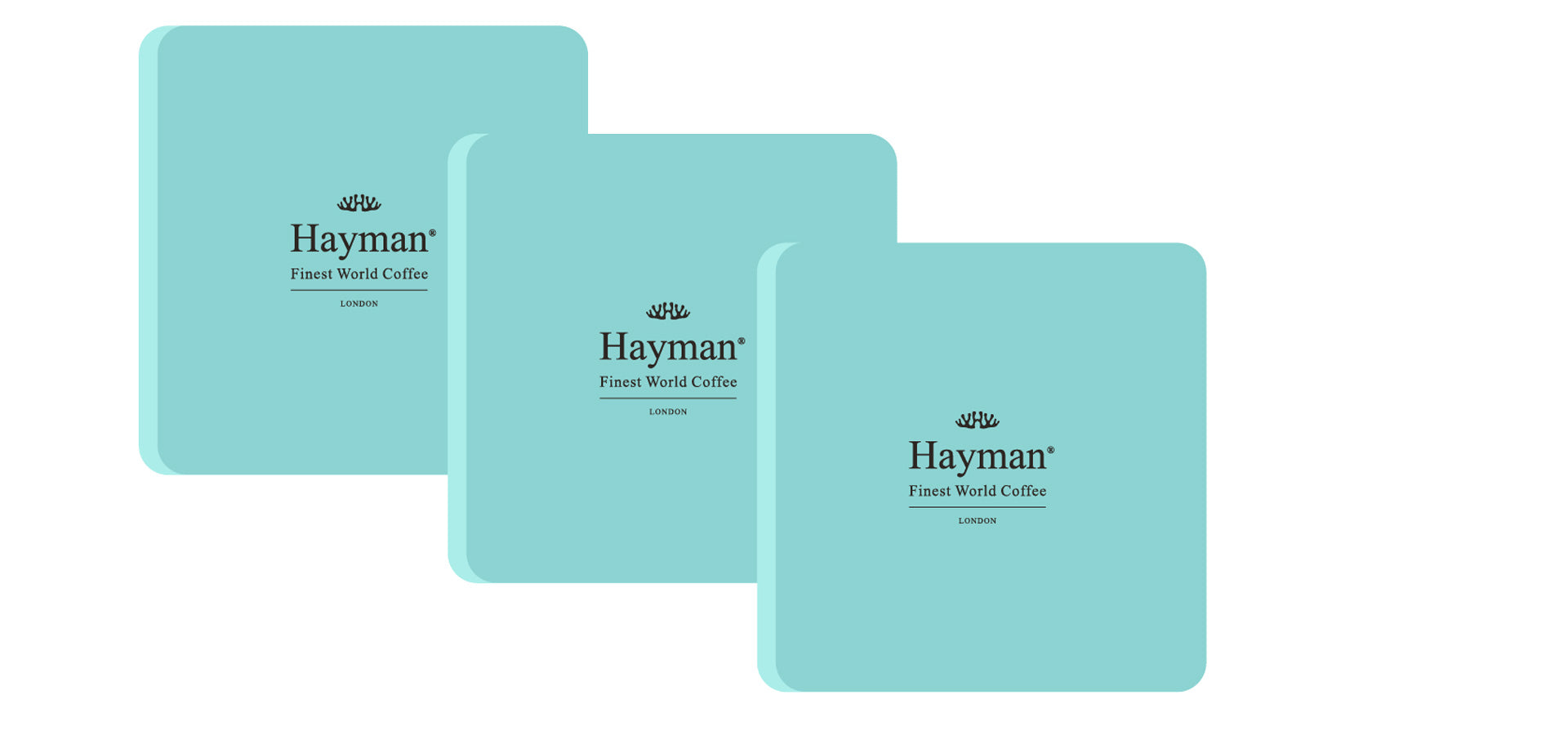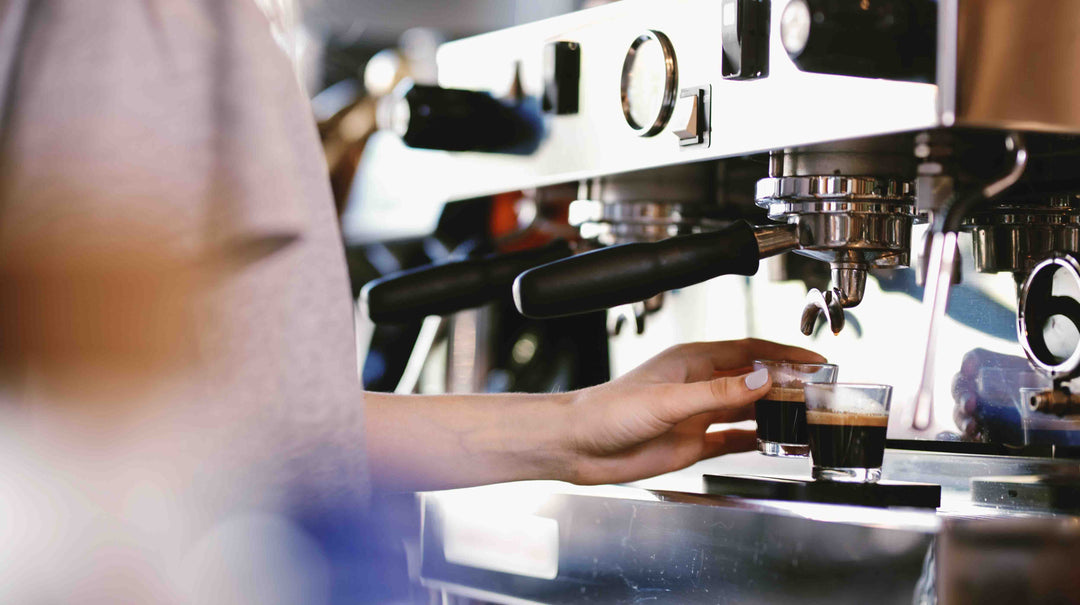What Exactly Is Specialty Coffee?

Ask the above question to a dozen different coffee drinkers and you will probably get a dozen different answers. The definition of ‘specialty coffee’ (a.k.a. speciality coffee) is a contentious issue to say the least.
Some will tell you that specialty coffee can be used in relation to any coffee that is simply fantastic in every way. By contrast, others will say that unless it is 100% organic, it cannot be considered speciality coffee.
Truth is, there is no formal or agreed definition for the term specialty coffee worldwide. But there are at least a handful of points most experts agree on, when it comes to essential criteria to qualify.
The following may be debatable in the minds of many, but are nonetheless the most widely-acknowledged attributes of speciality coffee:
1) The quality of the coffee
First and foremost, it cannot realistically be considered specialty coffee if it is low-grade, mass-produced coffee. We all have different tastes, but the appeal of quality is universal. This means the attention to detail with which the beans were cultivated, the meticulousness of the production process and the freshness of the beans when they land in your coffee grinder.
2) Consciousness of environmental impact
Increasingly, consumers are setting their sights on products that enable them to reduce their own carbon footprint. Something that applies to speciality coffee, which most agree must come from conscientious producers who understand the importance of environmental preservation. The vast majority of independent artisan coffee farms choose traditional cultivation, harvesting and processing methods over contemporary machine-based manufacturing.
3) Traceability of the product
It is difficult to label a product speciality coffee if you cannot trace it back to its origins. After all, how do you know what you are consuming if you do not know exactly where it came from? Contrary to popular belief, specialty coffee does not always have to be single origin coffee.
4) Support for local communities
While it does not necessarily affect the quality of the coffee itself, putting something back into the community matters. Farmers and producers who support their local communities and ensure their workers are paid a fair living wage form the core of the third wave coffee movement. Fairtrade has been supporting local communities and improving lives for decades, but a growing number of independent suppliers are also working hard to make positive changes in their localities.
5) Rated "specialty" on Specialty Coffee Association's scale
If we look at the definition of specialty coffee by the Specialty Coffee Association, we will see that even the best coffee beans need to score at least 80 points on a 100-point scale in order to be considered specialty coffee. Arabica coffee which scores 80 points or above have an impressive aroma and flavor, and a minimum amount of defects. These speciality coffees are then justifiably considered the best coffee beans in the world.
At Hayman’s online store, you will find the best third wave coffee, including the legendary Jamaican Blue Mountain coffee, Kona coffee Hawaii, and Panama Geisha coffee (also called Gesha coffee). These spectacular gourmet coffees are available as green coffee beans (for home roasting), roasted whole bean coffee, ground coffee, Nespresso®* compatible pods, and coffee pods compatible with Keurig K Cup coffee makers (incl. Keurig 2.0 models)**. Click here to order today, we offer free worldwide shipping!
* Nespresso® is a registered trademark of Société des Produits Nestlé S.A., unrelated to Hayman®. Our espresso pods are not created or sold by Nespresso®.
** Keurig and K-Cup are registered trademarks of Keurig Green Mountain, Inc. unrelated to Hayman®. Our pods are not created or sold by Keurig®.
